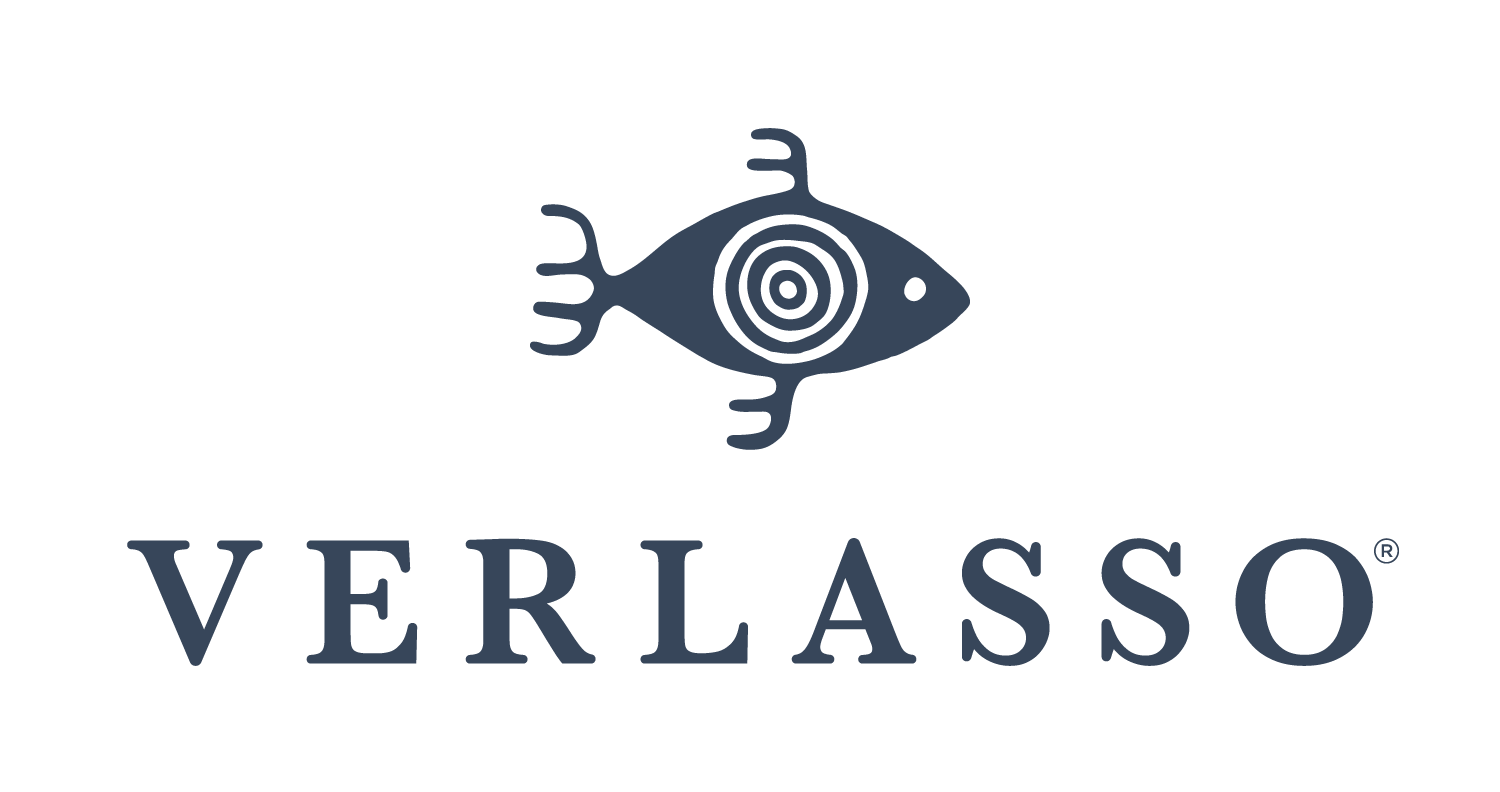Barton Seaver is an acclaimed chef, speaker, cookbook author, sustainable aquaculture advocate, and National Geographic Fellow (among other things, whew!) who works and resides in Maine. He recently sat down with us to explain how sustainability is interlinked across the environment, economy, cultures, and our health.
1. ENVIRONMENT
“I’ve dedicated my career to helping communities thrive through environmental resiliency – and showing that environmentalism is really a community structure. So often environmentalism as a cause only describes to us the bad that we do and urges us to minimize that negative impact, thus leading to an unverbalized sentiment of ‘would this world just be better off without me?’ And that methodology, or that system, emotionally divorces people from feeling as though they can participate in the solution.”
Being part of a community is a supportive and empowering experience for its members. So as Barton stated, it’s time to think about all points of community as a place for supporting people and the environment they live in. This means educating those in the community on the positive impact they can have, as well minimizing the negative.
2. ECONOMY
“We have created a relationship with the oceans in which we tell fishermen and the oceans what we are willing to eat for dinner, rather than asking what they are able to supply, thus creating wild fluctuations in valuations of seafood. Ultimately, because a fisherman can only profit from a few species, it drives overfishing of those species because we as consumers are not willing to support fishing as it actually is practiced, which is broad interaction with the environment. Overfishing as an environmental concern could equally be called irrational consumption.”
To stymie overfishing, sustainable fisheries are an excellent viable solution to look at. It’s also a good idea to be more open-minded to trying other species of fish like barramundi or monkfish. These fish may not be as well-known, but can still provide all the nutrients and health benefits while offering just as delicious of a taste – in fact, monkfish is said to have a similar taste to lobster!
3. CULTURE/HERITAGE
When you think of Maine, you probably think of lobster. Another seafood that is a big part of the state's culture is salmon, which has given rise to commodity farmed salmon.
“We are so concerned with salmon, that our recipe says salmon, and we walk into [the market] and say ‘I want salmon.’ What we should say, ‘It’s Maine, it’s February. There’s no salmon here, and oh, by the way, we’ve dammed up every once-productive salmon stream from Connecticut all the way up to Maine, so there are no more Atlantic salmon.’ But instead of saying that, we’ve created this multinational institution worth billions of dollars to create farmed Atlantic salmon at the cheapest commodity price that we possibly can. And so we have altered our relationship with nature, instead of asking: ‘Where are the salmon that are supposed to be here?’
Instead, we need to provide positive examples of sustainably farmed salmon in order to promote broader adoption of best practices and sustainability innovations. We need to combat the negative or even neutral perception of ocean food systems by informing consumers about the potential – gaining not only market support, but also social license to pursue expansion of aquaculture efforts. We’re only going to achieve this by showcasing positive examples such as Verlasso.”
4. HEALTH
“The greatest threat that we face in this country is not terrorism or some foreign nation, but rather our own eating habits. The health community has such a powerful voice in this conversation – in looking at diet and sustainable food production systems as preventative medicine. This is especially important in Maine – as a microcosm and as an example of the challenges that will be facing America with the coming wave of baby boomers [retiring], requiring more and more health services.”
Now that’s some food for thought! As Barton explained above, it’s so important to think about sustainability as more than one construct. And thinking about sustainability in this way makes us realize how important it is to make smart, sustainable decisions across the board for our communities and our planet.
Do you have an experience with sustainability in these four spaces that you’d like to share? Let us know on Twitter – our handle is @verlassosalmon. We’d love to hear what you think!





